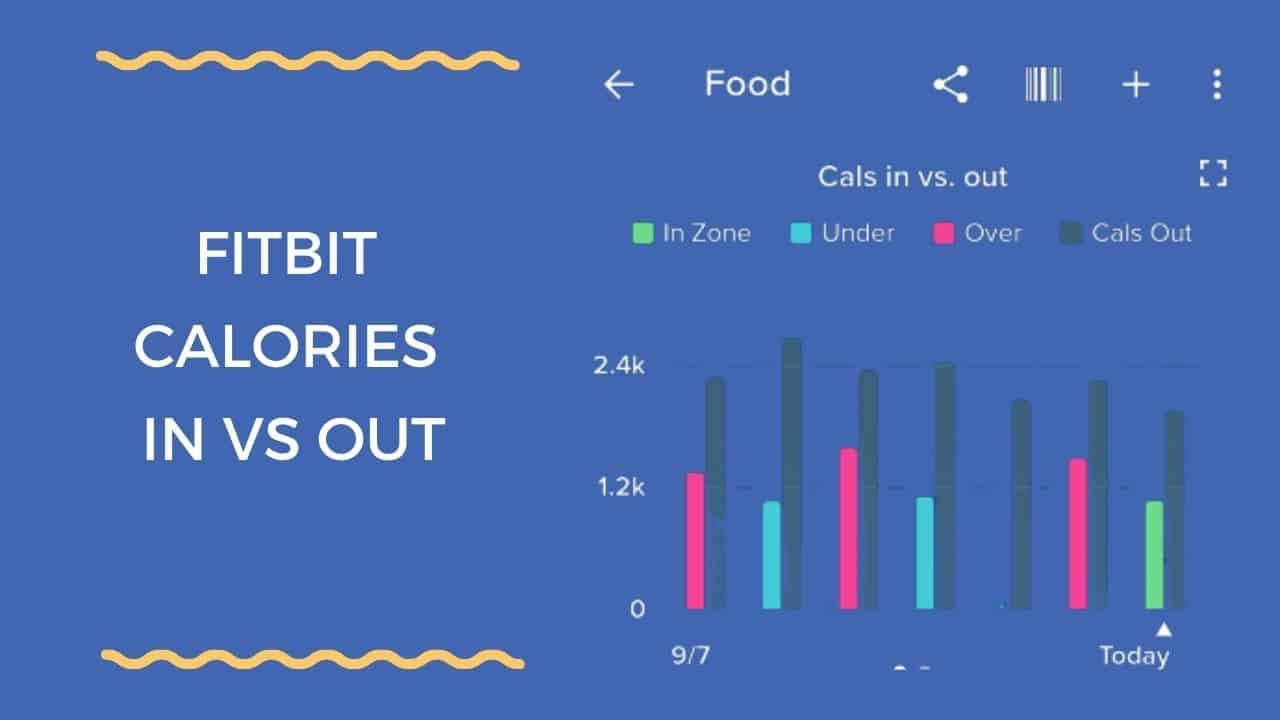Calories in vs calories out data is important to users are into maintaining, losing, and gaining weight.
Calories in is the calories gained by the body from consuming food whereas Calories out is the calories burned by the body through physical activities.
Your body burns calories in three processes: basic metabolism, digestion, and physical activity.
Basic metabolic rate (BMR) ensures that your body receives the necessary calories to perform functions like heartbeat and digestion.
The remaining calories power physical activities including walking, running, cycling, doing household chores, and working out.
How Does Fitbit Monitor Calorie Intake and Outtake
Fitbit uses a system that compares the calories consumed to the calories burned and this helps users achieve their calorie deficit goals. The system takes into account several factors including the time of day, calories consumed, calorie deficit, and calories burned through physical activity.
How Does Fitbit Calculate Your Calorie Target?
To create a food plan using the Fitbit app or Fitbit.com dashboard, input your targeted weight and your current weight. Next, select a plan intensity level (easier, medium, kind of hard, or harder).
The planned intensity level you select will determine how Fitbit sets your calorie deficit, which is the calories you need lose to maintain your weight.
To calculate this, Fitbit uses the rule of 1 pound of fat equals 3,500 calories. This means, to lose weight, you will need to burn 3,500 calories or consume 3,500 fewer calories every week. If you prefer, you can set your calorie burn target manually.
Understanding Calorie Burn Estimate
Note that choosing an intensity level does not guarantee a fixed calorie target. While this may seem like an easy way to control weight, it is not the most effective method and that’s because the calorie deficit remains the key number, and it does not change. Unlike calorie deficit, calorie target fluctuates with levels of activity.
Assuming your Fitbit is regularly synced, your daily calorie estimate is updated throughout the day. If you log a killer workout, your calorie estimate for the day may increase. On the other hand, if you spend more time inactive, Fitbit suggests eating less to stay within the goal zone.
How Accurate Are Calories In and Calories Out On Fitbit?
Fitbit and other calorie counters are not 100% accurate in tracking calorie intake and output.
In 2017, the Fitbit gave a median error of 27% on calories burned.
In the study, Fitbit Charge estimated calorie burn while walking and jogging with a median error of 53.5% and 4.3%, respectively.
To get accurate calorie results on Fitbit provide your age, height, gender, and weight. Make sure these details are accurate as they significantly affect calorie input and output.
Nonetheless, Stanford University has developed a wearable that claims to be much better at calculating calories burned than Fitbit. Unlike Fitbit, this smartwatch is worn on the leg, which is more involved in movements than the wrist.
The Stanford smartwatch features two sensors and is ideal for athletes but not necessarily for the average consumer.
Although Fitbits are not always 100% accurate in counting calories, they are still useful until better wearables are developed.
Why Does My Fitbit Tell Me I’ve Burned So Many Calories?
Fitbit resets calorie data at midnight. The number of calories displayed on the Fitbit app or website when you wake up is an approximation of the calories burned so far that day.
Is Fitbit Accurate About Calories Burned?
Fitbit Watches are accurate in counting calories when running, with only a 4% estimation error, which is impressive.
Are Some Fitbit Models Accurate than Others?
Although studies show that some Fitbit smartwatches are more precise than others, latest versions like Sense 2, Charge 6, and Versa 4 outperform.

